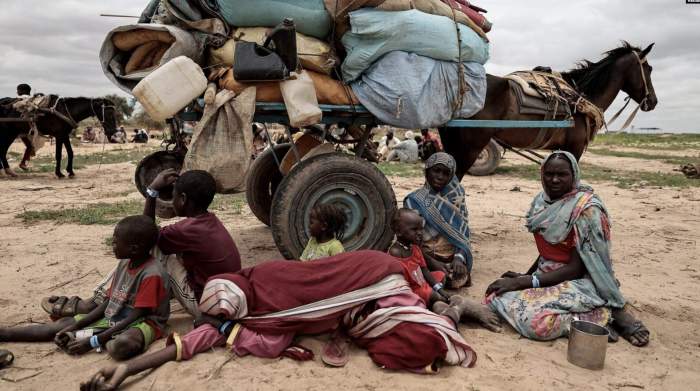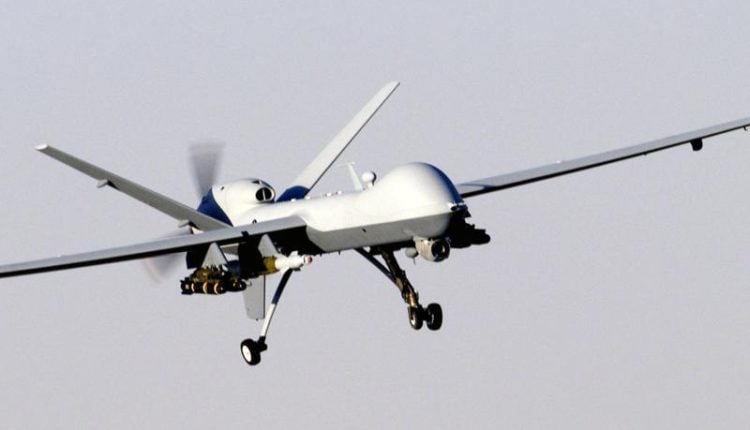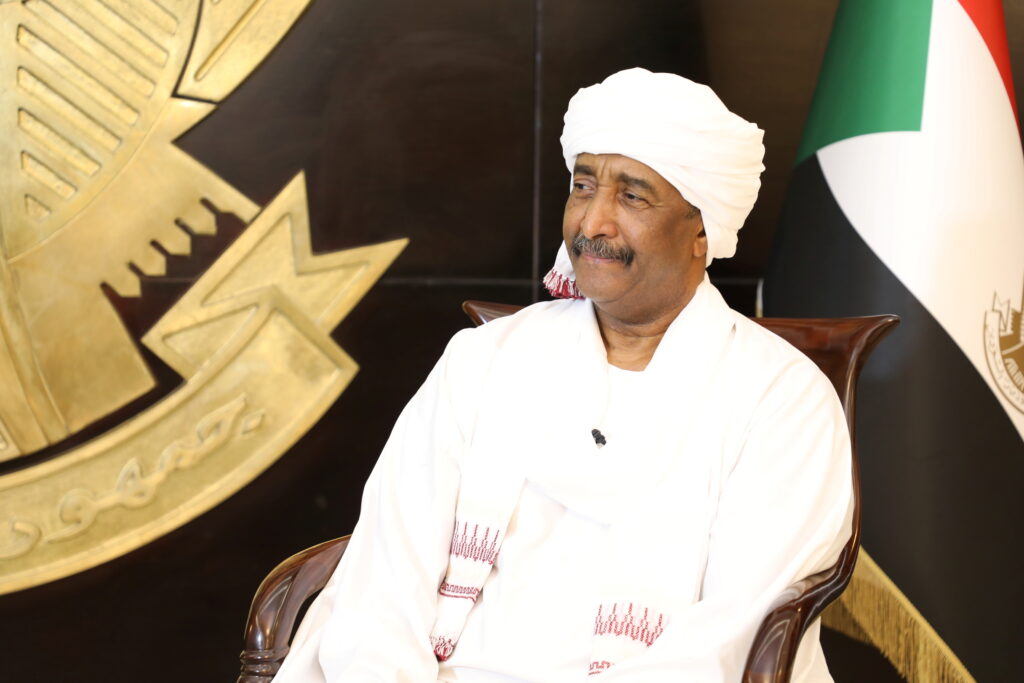
South Sudan is battling a worsening humanitarian emergency as thousands of refugees fleeing conflict in Sudan are met with a deadly cholera outbreak, according to Doctors Without Borders (MSF).
An estimated 5,000 to 10,000 people are crossing the border daily, the UN reports, as violence between General al-Burhan’s army (SAF) and the Rapid Support Forces (RSF) devastates the neighboring country. The conflict, which erupted in April 2023, has claimed tens of thousands of lives and displaced millions.
In Renk, a South Sudanese border town now overwhelmed with refugees, humanitarian organizations like MSF and the Red Cross are stretched to their limits. MSF emergency coordinator Emanuele Montobbio described the situation as “completely overwhelming,” with over 100 critically injured patients awaiting surgery in under-resourced facilities.
Among those displaced is Alhida Hammed, who fled Sudan’s Blue Nile state after a brutal attack left him injured. “Home is no longer a home,” he said, now living under a tree with no intention of returning to Sudan.
South Sudan, already struggling with internal violence, poverty, and climate-related disasters, is ill-equipped to handle the refugee crisis. Exacerbating the situation is an escalating cholera epidemic. Unity state has reported 92 deaths and over 1,200 cases in Bentiu alone within a month. In camps near Juba, the capital, MSF has recorded 1,700 suspected cases and 25 deaths.
Sanitation issues in the camps are dire, with broken toilets, uncollected waste, and contaminated water intensifying the outbreak. “This is more than a cholera outbreak — it’s systemic neglect,” said Mamman Mustapha, MSF’s head of mission in South Sudan, warning that without immediate intervention, cases will continue to rise.
As South Sudan grapples with these intertwined crises, aid organizations are calling for urgent international support to prevent further loss of life.



